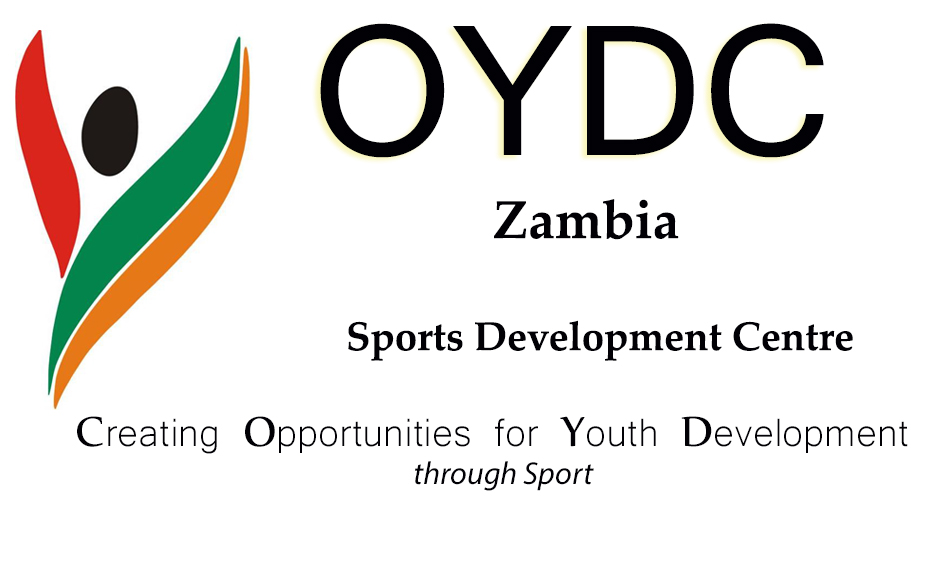THE INTERNATIONAL DAY OF SPORT FOR DEVELOPMENT AND PEACE (IDSDP) CELEBRATED BY THE OLYMPIC MOVEMENT AROUND THE WORLD
JOURNEY ACROSS THE FIVE CONTINENTS AND DISCOVER WAYS IN WHICH THE IMPORTANCE OF SPORT IN DRIVING SOCIAL CHANGE WAS AFFIRMED ON 6 APRIL 2018.
The International Day of Sport for Development and Peace (IDSDP), celebrated on 6 April every year since 2014, is a global commemoration of the power of sport to foster peace and contribute to social change and community development.
In 2018, many initiatives took place around the world, engaging local communities, athletes, public authorities, refugees and many others. Here is a snapshot of some of these initiatives.
Our journey starts in Africa. The Olympic Youth Development Centre (OYDC) in Zambia organised a sporting event together with Special Olympics Zambia to promote the importance of supporting children with disabilities. Over 1,000 young athletes with varying abilities took part in sporting activities along with the President of Zambia, Edgar Lungu, ministers, representatives from UNICEF and UNESCO, CEOs from several institutions, performing arts celebrities, family members of disabled children and school head teachers.
On the same continent, but more than 5,000km north in Algeria, the country’s National Olympic Committee (NOC) organised a special day of sports competitions, along with an environment protection activity in the Béchar region. Among others, the Olympic champion Nouria Merah-Benida took part in the event.
Carrying on the journey throughout Africa, the Côte d’Ivoire Olympic Committee commemorated the International Day of Sport for Development and Peace with a message of peace. Members of its Executive Board took part in a “Peace and Sports” white card campaign, in which they were photographed together holding a white card – a symbol of peace and positive values in sport, in contrast to the football referee’s notorious red card.
Other activations included that of the International Skating Union (ISU), which celebrated some of the athletes of the Democratic People’s Republic of Korea (DPRK) who competed in the recent Olympic Winter Games PyeongChang 2018, like pair skaters Ryom Tae-ok and Kim Ju-sik. Or that of the World Karate Federation (WKF), which organised several outreach activities during one of its events in Rabat, Morocco, engaging with athletes, officials, coaches, referees and even spectators.
In turn, the International Basketball Federation (FIBA) took the opportunity to launch on 6 April its own campaign, #BasketballForGood, inviting individuals to show and share how basketball can have a positive impact on individuals and communities.
Moving to Asia, the International Table Tennis Federation (ITTF) held its main celebration event at the Za’atari Refugee Camp in Jordan, close to the Syrian border, using table tennis as a tool to promote peace while also celebrating the fourth edition of World Table Tennis Day.
The International Hockey Federation (FIH) shined a spotlight on some of the programmes where hockey plays a key role in communities. One in particular takes us to Oceania. The “Pilbara Community Hockey Programme”, in Western Australia, includes training and games in rural and remote areas with limited facilities, providing positive role models to help young people develop sports and life skills.
In Europe, the Kosovo Olympic Committee celebrated the IDSDP by organising a sports event in Pristina, together with local partners. The main square of the capital city was turned into a sporting area for the local population.
Athletes were also celebrated for playing their part in giving back to sport. Five biathletes were acknowledged for bringing attention to public issues and helping people in local communities, while serving as role models for younger generations. One of them, the Belarussian athlete Nadezhda Skardino, donated numerous personal items to a charity auction, to collect money for families with children diagnosed with autism.












Leave a Reply
You must be logged in to post a comment.